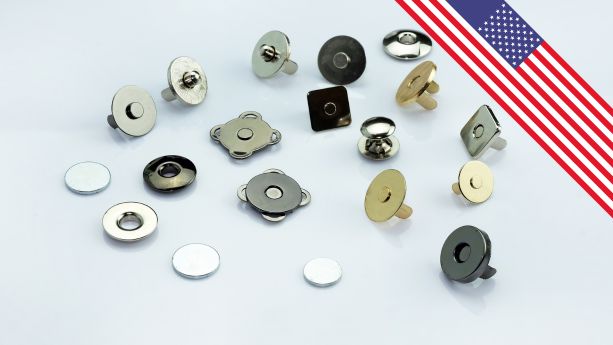
Part 1262 sets magnet safety requirements for consumer products that belong to certain categories, and that contain magnets with certain size and strength characteristics. In this guide, we explain what manufacturers and importers must know about covered products, exemptions, magnet requirements, certification, and testing requirements under Part 1262.
Note that Part 1262 is not applicable to toys. Instead, sets magnet safety requirements for other consumer products – including those that are not intended for children.
Content Overview

FREE CONSULTATION CALL (30 MIN)
 Ask questions about compliance requirements
Ask questions about compliance requirements Countries/markets:
Countries/markets:
 Learn how we can help your business
Learn how we can help your business
You will speak with:Ivan Malloci
What is 16 CFR Part 1262?
16 CFR Part 1262 sets safety requirements for certain types of magnets used in consumer products. Magnets, if swallowed, can cause severe injury and be life-threatening.
Which types of magnets are prohibited?
16 CFR Part 1262 states that certain magnets in consumer products are prohibited under the following conditions:
1. The magnet that fits entirely within the cylinder pictured below:
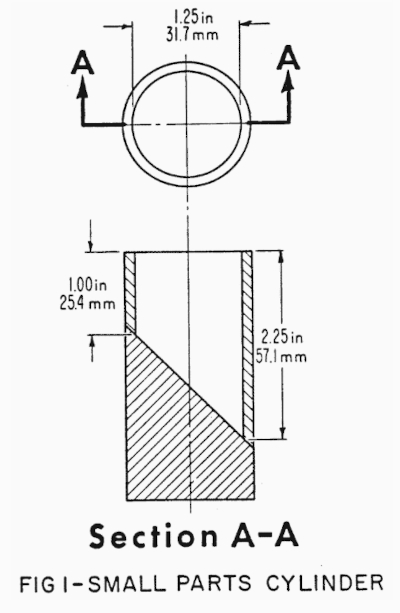
Source: 16 CFR 1501.4
2. The magnet has a flux index of 50 kG2 mm2 or more (which is verified through testing)
3. The product that contains one or more magnets belongs to at least one of the following product categories:
- Entertainment products
- Jewelry
- Children’s jewelry
- Mental stimulation products
- Stress relief products
4. The magnets are loose or separable
Does 16 CFR Part 1262 prohibit the use of all magnets?
No, 16 CFR Part 1262 does not prohibit all magnets used in consumer products. However, the standard does prohibit magnets that exceed a certain flux index and fit inside the type of cylinder defined in 16 CFR 1501.4.
The purpose is to ensure that products containing strong magnets that can be easily swallowed by children are not sold in the United States.
Covered products
16 CFR Part 1262 prohibits magnets exceeding a certain flux index in the following products:
- Entertainment products
- Jewelry
- Children’s jewelry
- Mental stimulation products
- Stress relief products
Whether a product is intended to be used for entertainment or not is not entirely clear. That said, while searching the CPSC recalls database, we found recalls for the following non-toy products:
- Coolers containing magnets
- Magnetic bead bracelets
- Magnet ball sets
It is possible that even cooler bags are deemed to be entertainment products, which indicates that Part 1262 is applicable to a wide variety of consumer products sold in the United States.
Does 16 CFR Part 1262 cover toys?
The standard explicitly states that toys covered by ASTM F963 are not subject to the requirements under 16 CFR Part 1262. This is likely because ASTM F963 already sets requirements for magnets in toys.
The purpose of 16 CFR Part 1262 is to extend this restriction to other consumer products that are not specifically intended for children, but could still pose an equally significant risk.
Does 16 CFR Part 1262 cover children’s clothing?
16 CFR Part 1262 does not mention children’s clothing. Further, it only mentions that toys are exempt, as toys are already subject to magnet safety requirements under ASTM F963.
That said, there is no mention of children’s clothing, which can contain magnet buttons and other magnetic parts. This may be because children’s clothing is already subject to small parts bans.
Does 16 CFR Part 1262 cover packaging?
Product packaging is not explicitly listed as being subject to the magnet safety requirements of Part 1262. That said, if the packaging contains hazardous magnets, then it is possible that it can also be subject to enforcement under the safety standard. This is even more likely if the packaging is not merely a disposable box, but meant for storage or reuse.
Are there any other exemptions?
Yes, the standard also states that products exclusively distributed to the following are not subject to its requirements:
- School teachers
- Researchers
- Professionals
- Commercial or industrial users*
*Exclusively for educational, research, professional, commercial, and/or industrial purposes.
Magnet requirements
Each loose or separable magnet contained in a covered product that fits inside the specific cylinder dimensions must have a flux index of less than 50 kG2 mm2
This requirement must also be verified through testing.
Testing requirements
Each individual type of magnet must be subject to lab testing, which is based on ASTM F963-17.
Here are some companies offering testing according to the requirements under this standard:
- QIMA
- TUV Rheinland
- Intertek
- SGS
Is a General Certificate of Conformity (GCC) required for products subject to 16 CFR part 1262?
Yes, the Consumer Product Safety Commission (CPSC) lists 16 CFR part 1262 as one of the rules that require a General Certificate of Conformity (GCC).
This is normally included in a General Certificate of Conformity (GCC):
- Identification of the product covered by this certificate
- Citation to each CPSC product safety rule to which this product is being certified
- Identification of the domestic manufacturer or importer certifying compliance of the product
- Contact information for the individual maintaining records of test results
- Date and place of manufacture
- Date(s) and place(s) of testing
- Identification of any third-party laboratory that conducted the testing
Does Amazon require compliance with Part 1262?
Yes, Amazon requires all products sold to US consumers to comply with safety standards in the United States. This also applies to products covered by Part 1262.
As such, Amazon can remove products that are not verified as compliant through testing.
Amazon may request both test reports demonstrating compliance with the size and flux requirements, as well as a General Certificate of Conformity (GCC).

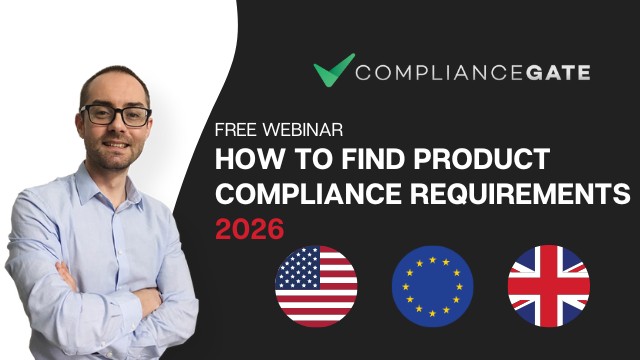
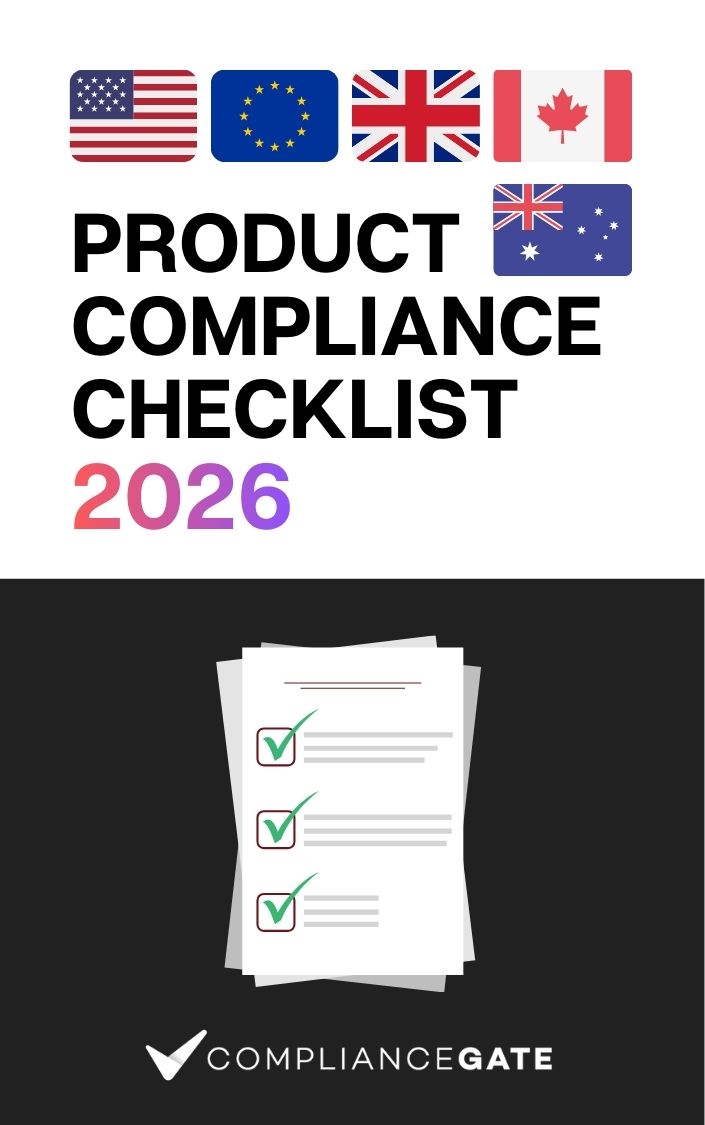




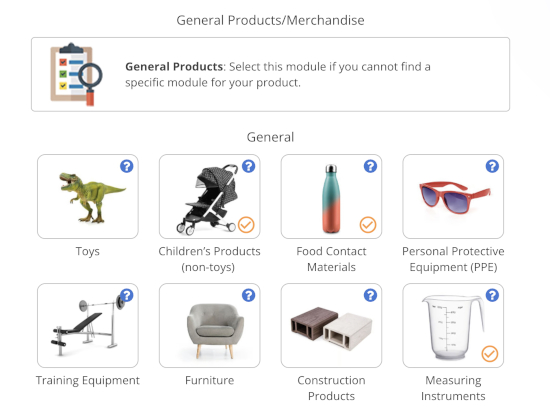






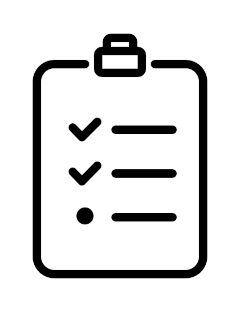


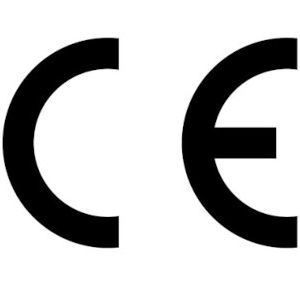




.png)
.png)
.png)





